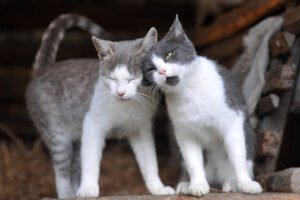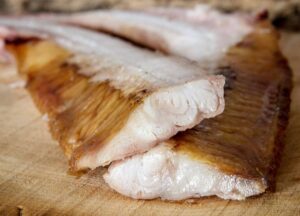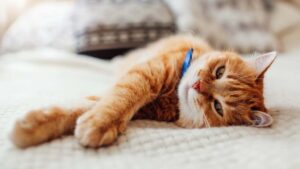Why is the Mother Cat not Feeding her Kittens?
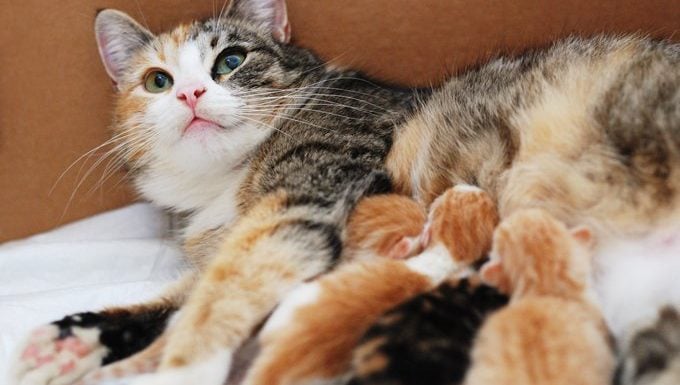
As a cat owner, it’s important to know what to do if you notice that a mother cat is not feeding her kittens. This can be a concerning situation, as the health and well-being of the kittens can be at risk. In this article, we will explore the reasons why a mother cat may not be feeding her kittens, and what you can do to help.
How to Identify Whether the Mother Cat is Feeding the Kittens
It’s crucial to determine whether or not the mother cat is feeding her kittens, as their survival and development depend on getting enough milk. Here are some signs to look for:
- Weight gain or loss: Kittens should gain weight every day or two. If you notice that they’re not gaining weight, or worse, losing it, it could be a sign that they’re not getting enough milk.
- Appearance: The kittens should look plump and have a rounded belly after feeding. If they look skinny, with visible ribs or hips, it is a sign that they’re not getting enough milk.
- Hunger cues: Kittens will often cry or meow when they’re hungry. If you notice that the kittens are constantly crying or looking for food, it may be a sign that they’re not getting enough milk.
- Observation: Watch the mother cat’s behavior. If she’s frequently leaving the kittens or not showing interest in them, it may be a sign that she’s not feeding them.
- Milk production: Check the mother cat’s nipples for signs of milk production. If there’s no milk or if it’s dry, it could be a sign that she’s not producing enough milk.
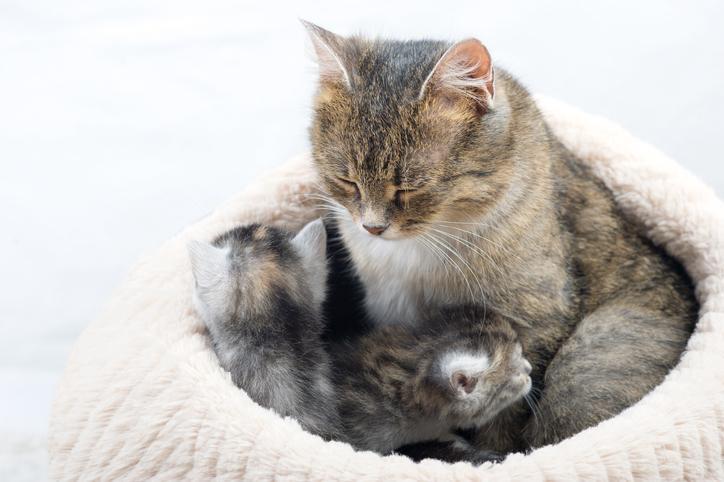
Why the Problem Occurs
Here are some common reasons behind the issue of mother cats not feeding their kittens.
Lack of Milk Production
One of the most common reasons why a mother cat may not be feeding her kittens is due to a lack of milk production. This can be caused by a variety of factors, such as poor nutrition or stress. If the mother cat is not receiving enough nutrients, her milk production may be insufficient to feed her litter. Similarly, if the mother cat is experiencing stress or anxiety, her milk production may also decrease.
Mastitis
Another reason why a mother cat may not be feeding her kittens is due to mastitis. Mastitis is an infection of the mammary glands that can cause pain and inflammation, making it difficult for the mother cat to nurse her kittens. Mastitis can be caused by a variety of factors, such as bacteria or a blocked milk duct. If left untreated, mastitis can lead to a decrease in milk production or a complete cessation of milk production.
Lack of Maternal Instincts
In some cases, a mother cat may not be feeding her kittens due to a lack of maternal instincts. This can occur in first-time mothers or in cats that have experienced trauma or illness. If a mother cat does not have a strong maternal instinct, she may not feel the urge to nurse her kittens or may be unsure of how to properly care for them. The personality of the cat also comes into play here. Some cats may exhibit more “motherly” behavior, whereas some might not.
Other Medical Issues
Apart from mastitis, there can be other medical issues that can cause a mother cat to stop feeding her kittens. These issues may include illnesses, injuries, or other health problems that affect the cat’s ability to nurse her young. In some cases, the mother cat may be on medication that can interfere with her ability to produce milk or that may be harmful to the kittens if ingested through the milk.
Abnormalities in the Kittens
If the kittens have abnormalities or congenital defects, the mother cat may sense that they are not healthy and may neglect them or refuse to nurse them. Although it seems cruel, the nature of a mother cat is to prioritize the healthy kittens over a sick one.
Weaning
As the kittens grow older and start to eat solid food, the mother cat may gradually reduce her milk production and stop nursing them altogether. This is a natural part of the weaning process and usually occurs around 4-6 weeks of age. If your kitten(s) are at this age, there is no need to worry. It is time to begin their transition to solid-based foods.
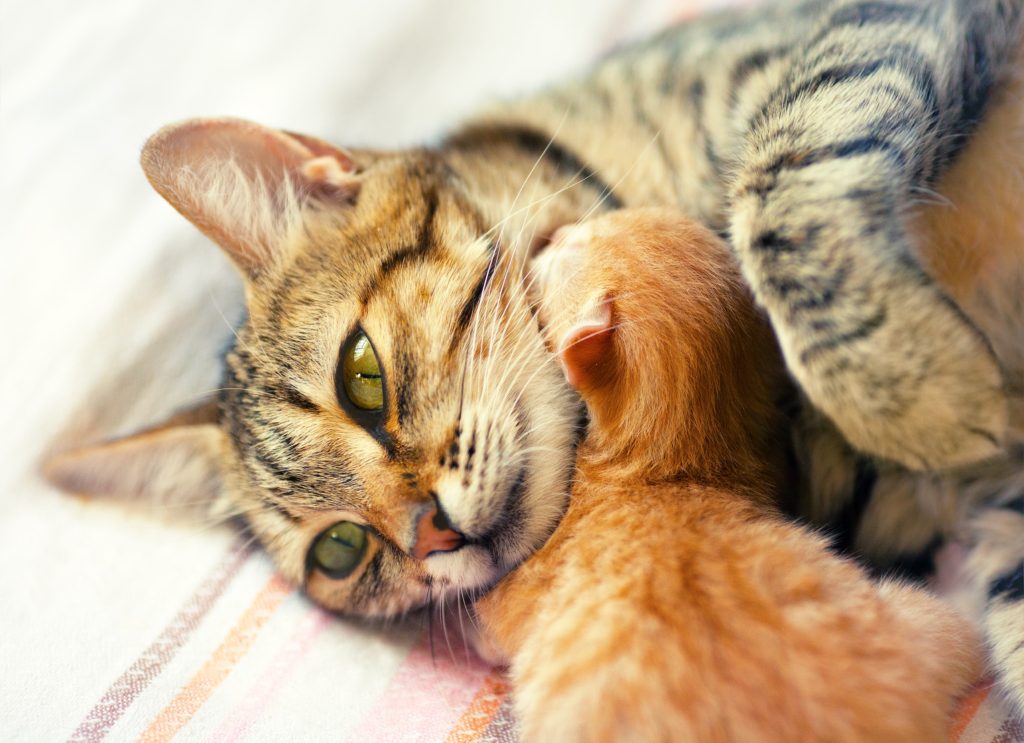
How to Fix the Problem
- Consult with a Veterinarian
If you notice that a mother cat is not feeding her kittens, the first step is to consult with a veterinarian. A veterinarian can examine the mother cat and her kittens to determine the underlying cause of the problem. They may also be able to provide medication or other treatments to help stimulate milk production or treat any infections.
- Hand-Feed the Kittens
If the mother cat is unable or unwilling to feed her kittens, it may be necessary to hand-feed them. This can be done using a bottle and kitten formula, which can be purchased at most pet stores. It’s important to follow the instructions on the formula carefully and to ensure that the kittens are feeding regularly and getting enough nutrients.
- Provide a Comfortable and Stress-Free Environment
If the mother cat is experiencing stress or anxiety, it’s important to provide a comfortable and stress-free environment for her and her kittens. This can include providing a quiet and secluded area for the mother cat to nurse her kittens. You should also ensure that she has access to plenty of food, water, and a clean litter box at all times.
Conclusion
In conclusion, there are several reasons why a mother cat may not be feeding her kittens. This can range from a lack of milk production to a lack of maternal instincts. If you notice this problem, it’s important to consult with a veterinarian to determine the underlying cause. With proper treatment and care, most mother cats are able to nurse their kittens and ensure that they grow up healthy and strong.
Related Articles
Interested in learning more about Mother Cats and their behaviors’? If yes, here are some awesome suggestions.
